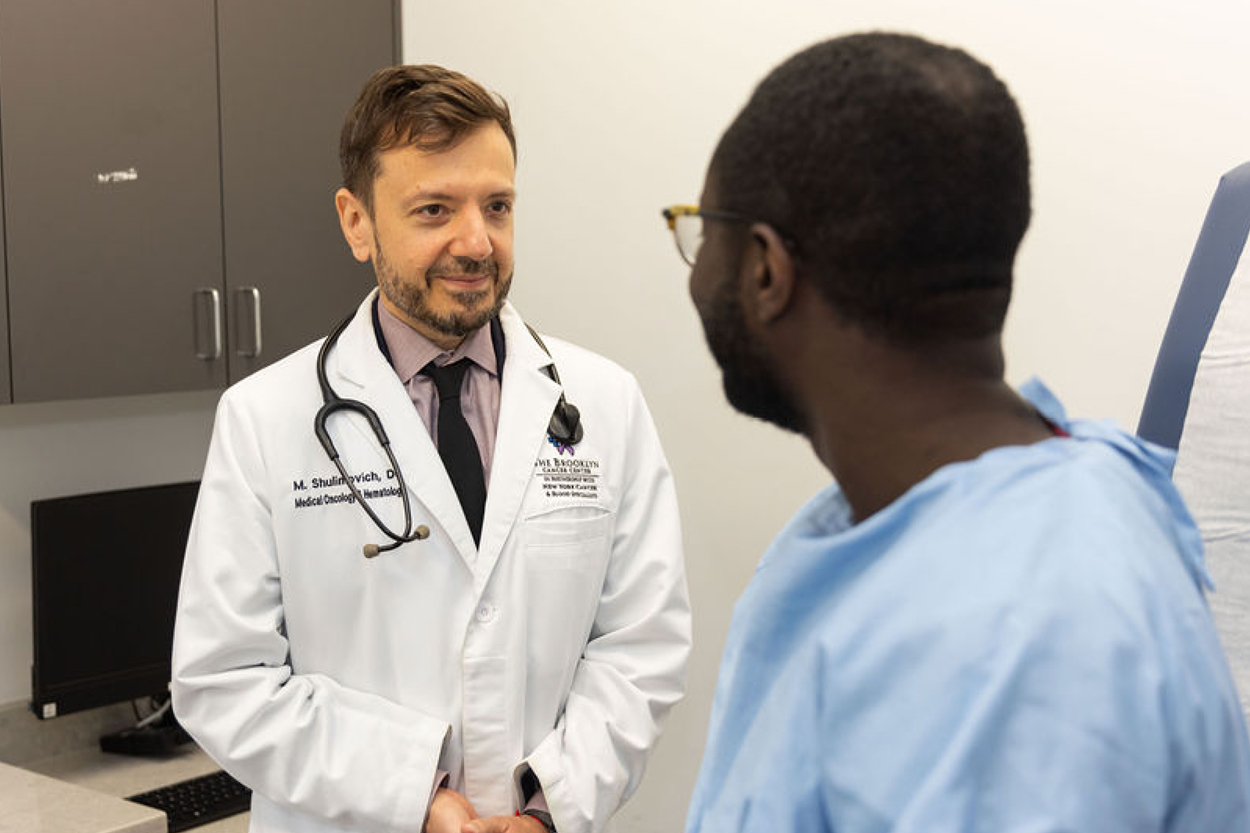How to Reduce Your Cancer Risk
While not all cancer can be prevented, there are proactive steps that you can take to reduce your risk.
Quit Smoking
Smoking is the leading cause of lung cancer and contributes to many other cancer types. Exposure to secondhand smoke also increases your risk. If you’ve smoked in the past, you may be eligible for a lung cancer screening, which can help detect cancer in its early stages.
Maintain a Healthy Weight
Achieving and maintaining a healthy weight reduces your risk of breast, pancreas, liver, colon, and kidney cancers. Focus on:
-
Eating a balanced diet with plenty of fruits, vegetables, and whole grains.
-
Engaging in regular physical activity to support overall health and weight management.
Protect Your Skin from UV Rays
Skin cancer is one of the most common—and preventable—types of cancer. Protect yourself by:
-
Limiting your time in the sun, especially during peak hours.
-
Wearing protective clothing and using a broad-spectrum sunscreen with SPF 30 or higher.
-
Avoid tanning beds, which expose your skin to harmful UV radiation.
Get Vaccinated
Vaccines can prevent cancers caused by certain infections:
-
Hepatitis B: Reduces your risk of liver cancer.
-
Human Papillomavirus (HPV): Protects against cervical and other cancers.
Check with your doctor to ensure your vaccinations are up to date.
Limit Alcohol Consumption
Drinking too much alcohol can increase your risk of cancers such as those of the mouth, throat, liver, and breast. If you choose to drink, do so in moderation.
Talk to Your Doctor
Regular checkups and open communication with your doctor are essential for early detection and prevention. If you notice any changes in your health, don’t hesitate to bring them up during your visits.
Taking these steps can help you stay as healthy as possible. If you have questions or want personalized advice on reducing your cancer risk, talk to your doctor. Prevention starts with you!

